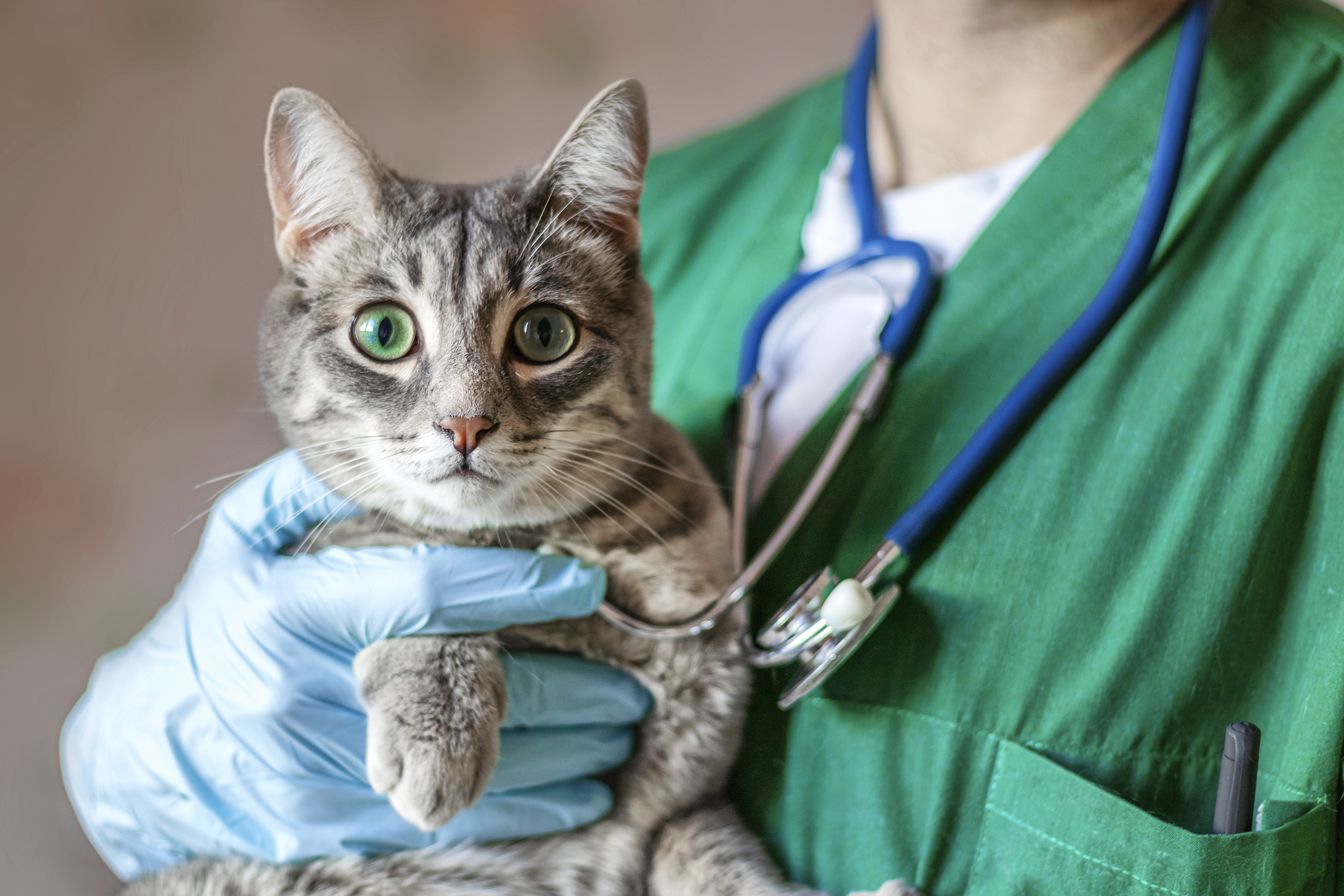
Tick Bite Prevention Week 24th-30th March 2023
24th February, 2023
Tick Bite Prevention Week is observed every year from March 24 to 30. It brings to light the precarious health disaster ticks can cause.
Ticks are small bloodsucking parasites that can carry a whole host of dangerous diseases that can be transmitted to pets and humans. Prevention is the best way to protect your pets and yourself against tick-borne diseases, such as Lyme disease.
Our Vet care provider, FirstVet share facts, their expert tips and knowledge.
What is a tick?
Ticks are small parasites that can range in size from a pinhead, before growing to the size of a fingernail after feeding. Ticks feed on the blood of animals such as dogs, cats, rabbits, hedgehogs, deer, cattle, sheep, and humans. Only the female ticks feed on blood because they need it to lay their eggs. Female ticks can lay around 2000 eggs, after which they will die. Ticks cannot fly or jump, but they crawl into undergrowth and climb up long grasses from which they can attach to animals as they walk past.
Where are ticks found?
Areas with long grass and woodland are the most common places to find ticks. Their numbers are increasing, and owners are starting to spot them in previously unaffected areas; dogs and cats from urban areas are also being affected. This may be due to multiple factors. For example, changing weather patterns making conditions more favourable for tick survival, increased development on rural land, and an increase in the population of wild deer.
Tick-borne diseases are not caused by the ticks themselves, but by bacteria or parasites that may be found in their saliva.
Symptoms of a tick bite
- A red mark where the tick has been removed; it should not persist for more than 2-3 days, and its size should not exceed a few millimeters
- If the tick is dislodged, or removed incorrectly, leaving the mouthparts behind in the skin, localised reactions can occur.
What to do if I find a tick on my pet
- Decide if you are happy to remove the tick- make sure you research how to do this before attempting to do it yourself. If not, make an appointment at your vet clinic for them to remove it. Ticks have tiny spines that hold them in place whilst feeding so it is very important to twist the tick to remove it. Pulling a tick away from the skin risks leaving the mouthparts in the skin. Use a specially designed tick removal fork to safely remove attached ticks to ensure that the mouthparts are not left behind.
- When grasping the tick, it is essential not to squeeze the body as this can cause it to regurgitate their stomach and salivary gland contents, increasing the risk of disease transmission. The application of Vaseline, applying alcohol or burning will also increase this risk and are not recommended- burning could also harm your pet’s skin. Never crush a tick with your fingers and make sure to dispose of by putting it in alcohol, placing it in a sealed bag, wrapping it tightly in tape, or flushing it down the loo
How can I protect my pet?
- Speak to your vet about tick control that will rapidly kill or repel ticks
- No product will prevent 100% of ticks feeding, so we recommend that you check your pet daily
- Check your pet for ticks after walks or being outside: make sure you check their ears, neck, skin folds, stomach and other crevices
- Don’t forget to check your cat after they have been in the garden
- Remove a tick as soon as possible after spotting.
When to see a vet
- If the area associated with a tick bite persists or increases, or you notice any discharge from the area
- If you notice any of the clinical signs of Lyme Disease
- A vaccination is available, but its use is controversial. Therefore, it is only recommended for use in dogs with a known high risk of exposure- where the disease is endemic or where there are large numbers of ticks
Many conditions can be solved in the comfort of your own home and with the FirstVet app, you can video chat with a vet if you are worried about your pet’s health but aren’t sure if they need to visit a vet.
By registering your pets with FirstVet now you are prepared if any accident or illness occurs.
The FirstVet service can save you money that would have been spent on an unnecessary trip to the vet, without affecting your premium.
So, what are you waiting for? Sign-up today!
Register for FirstVet